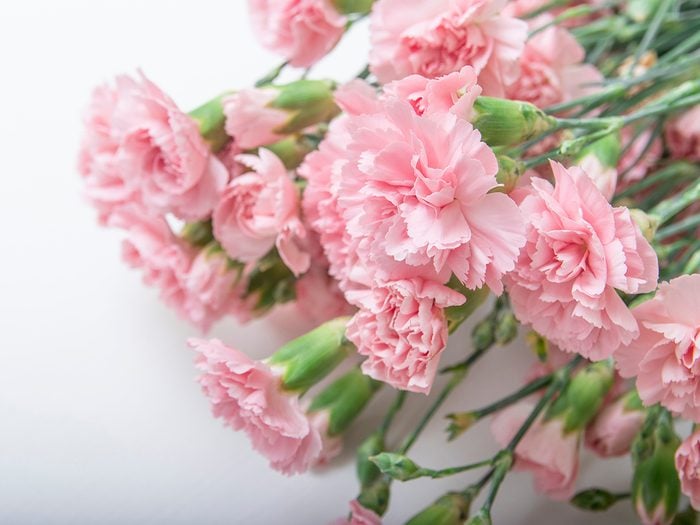
What Carnations Mean
The quintessential Mother’s Day flower is the carnation—but have you ever wondered why?
Mother’s Day initially became a national holiday in North America due to the campaigning of a woman named Anna Jarvis. During her tireless efforts, Anna sent 500 white carnations to her local church for the mothers in attendance, and the tradition was born. Carnations have since come to signify purity, faith, love, beauty and charity; all traits thought to represent the virtues of motherhood.
Read on for more Mother’s Day flower meanings.
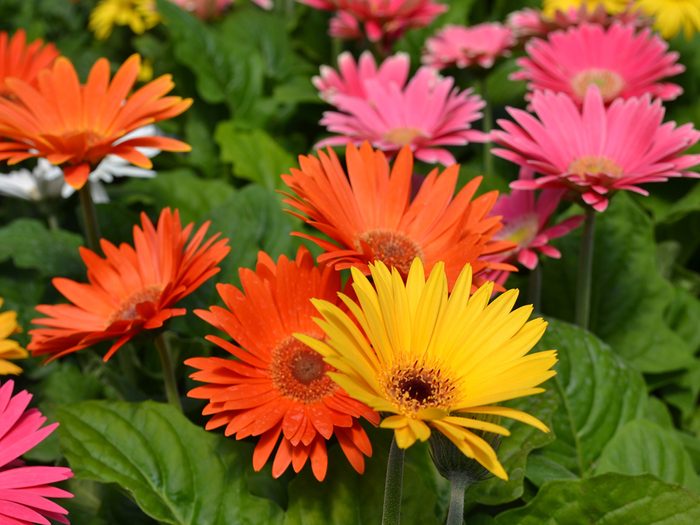
What Gerbera Daisies Mean
Nothing says cheer quite like a gerbera daisy. If your mom tends to radiate happiness, gerbera daisies are a sure choice for a Mother’s Day flower gift. They are renowned for their robust flowering heads that closely resemble sunflowers. While they have come to symbolize innocence, purity and beauty, the gerbera primarily represents cheerfulness, stemming from its welcoming appearance and many bright colour variations.
Discover the most beautiful botanical garden in every province.
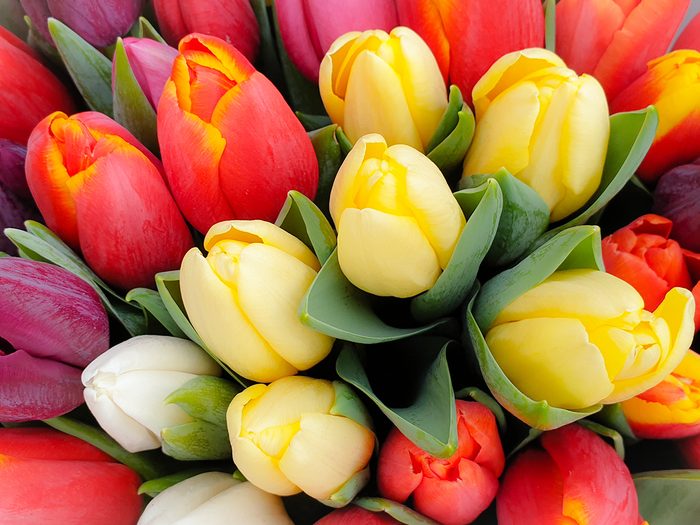
What Tulips Mean
If your mom is light-hearted and easy-going, the tulip definitely belongs in her bouquet. With a fresh, happy-looking appearance, no flower says spring quite like tulips. They have come to represent comfort, coziness and above all happiness, making them an ideal Mother’s Day flower.
Discover the fascinating origins of the Canadian Tulip Festival.
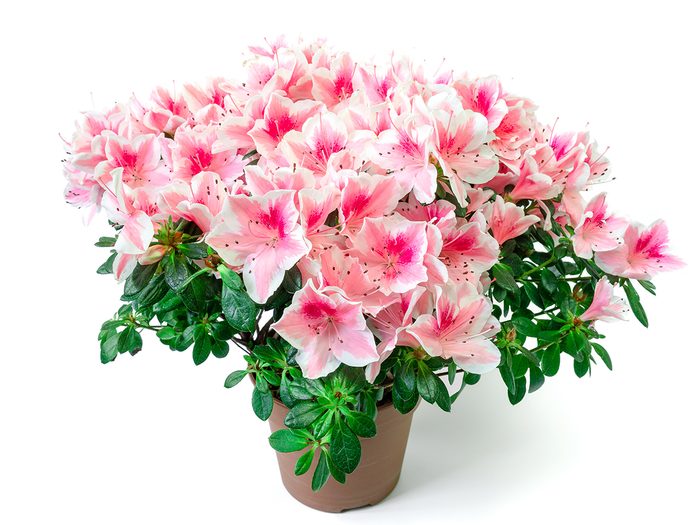
What Azaleas Mean
Aside from being a renowned Chinese symbol for womanhood, the azalea flower is also celebrated annually by cultures all over the world for its beauty and association with love. These unique looking flowers are grown in many countries and can usually be found at your local florist.
Find out the best places across Canada to see cherry blossoms.
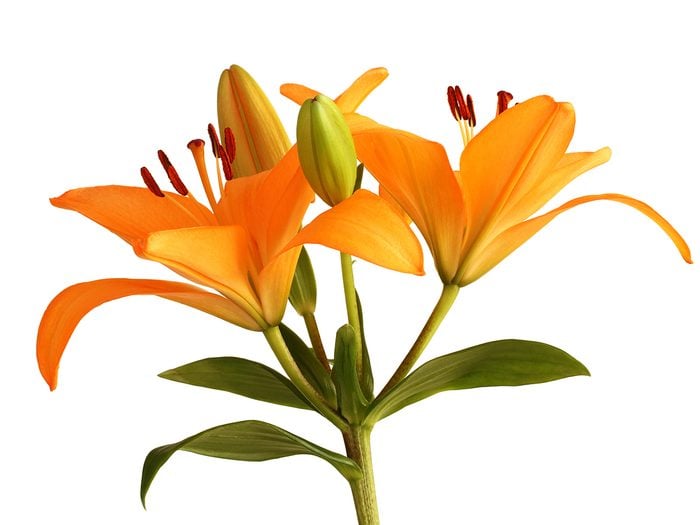
What Day Lilies Mean
Similar to azaleas, day lilies are an Asian emblem for mothers. The day lily is famous for its beautiful appearance and symbolic association with motherhood and Mother’s Day. Because they come in a variety of bright colours, including vivid oranges and yellows, you can find a day lily that’s perfectly suited to your own mother at just about any florist shop.
Find out how the provincial flowers of Canada were chosen.
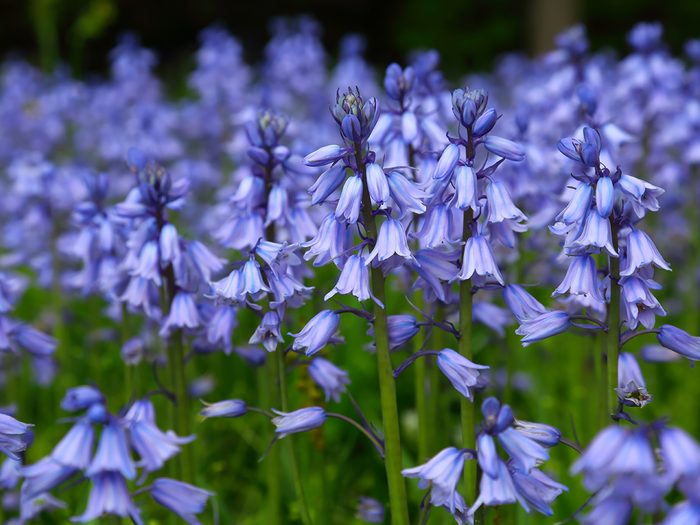
What Bluebells Mean
If calm and soothing are traits that describe your mother, then the bluebell flower is a good choice for her arrangement. Bluebell flowers bloom in April and May of each year—just in time for Mother’s Day. Their soft blue colour and pretty shape have come to represent humility and constancy; traits your mother tried to instill in you, no doubt.
Planning your own pots for the garden? These are the best annual flowers for containers.
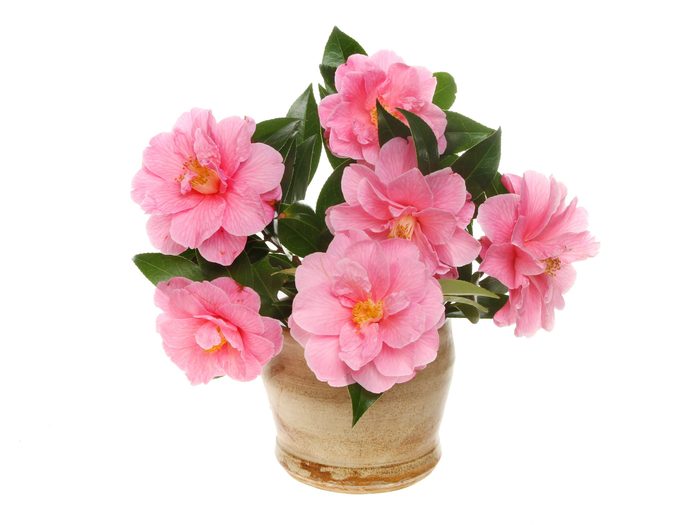
What Camellias Mean
If your mother prefers plants over fresh-cut bouquets, the long lasting camellia plant is a wonderful option. Camellia plants are native to China, Japan, and South East Asia. They come in a variety of rich and vivid colours and give off a light, delicate fragrance. Camellias are believed to represent longevity and gratitude; making them a perfect way to say thank you to your mom on Mother’s Day.
These gorgeous pictures of tulips are the next best thing to a garden tour.
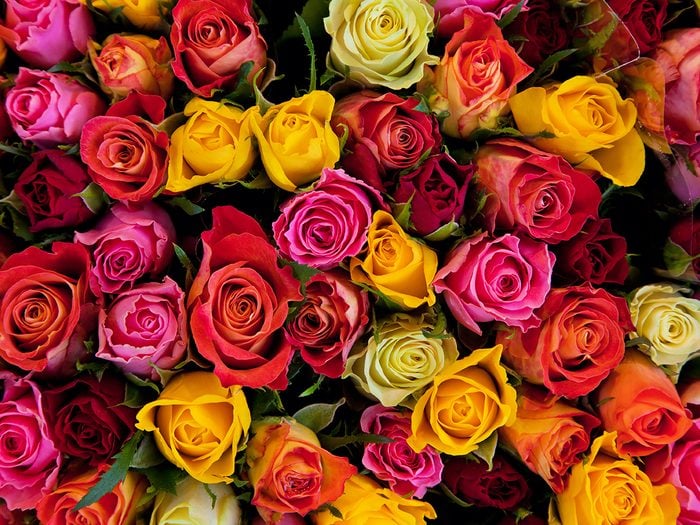
What Different Colours of Roses Mean
If all else fails, you can always turn to roses. If your mother is very traditional, roses might be the best option for her. While red roses are traditionally associated with romantic love, a lighter red or deep pink colour denotes gratitude and appreciation. In addition, yellow roses are believed to represent a caring nature, while white roses are associated with purity and brightness. Considering their meaning, any combination of these spring-time coloured roses would make the perfect for this holiday bouquet for your more traditional mom.
Now that you know these Mother’s Day flower meanings, discover 10 fascinating facts about Mother’s Day in Canada.